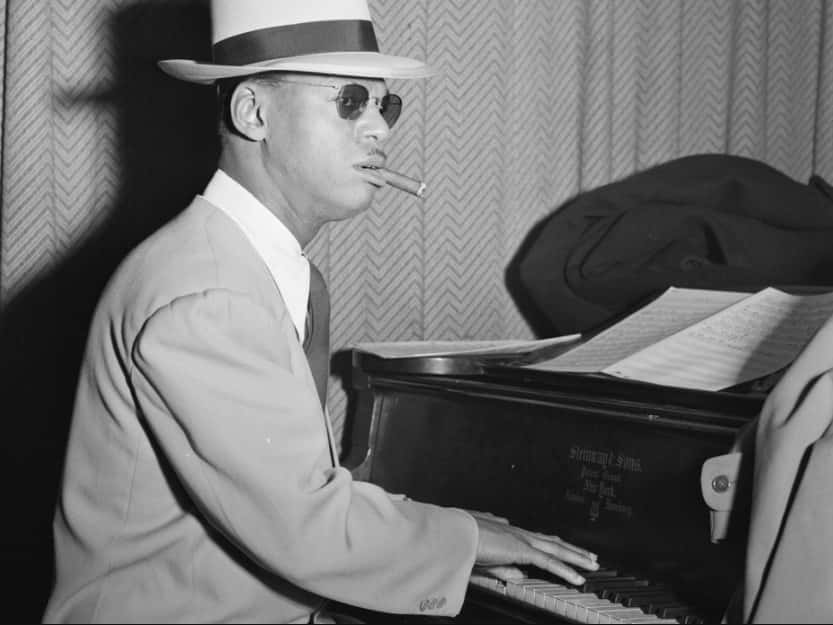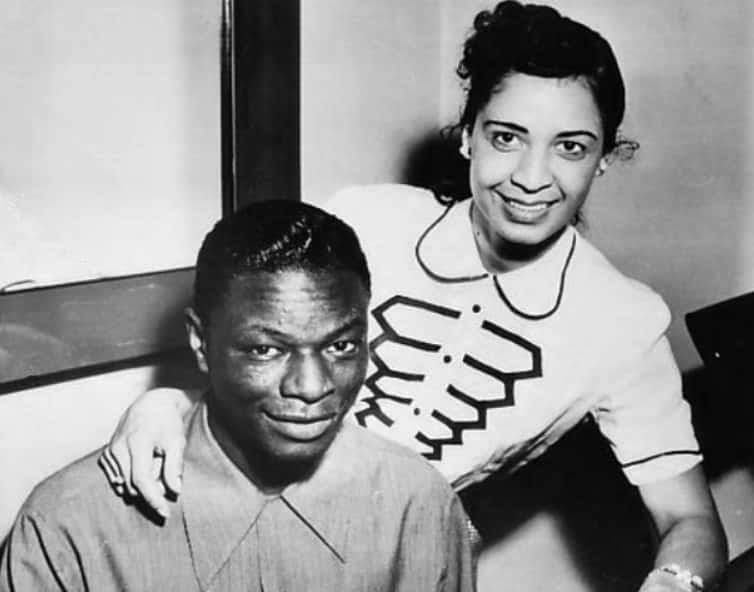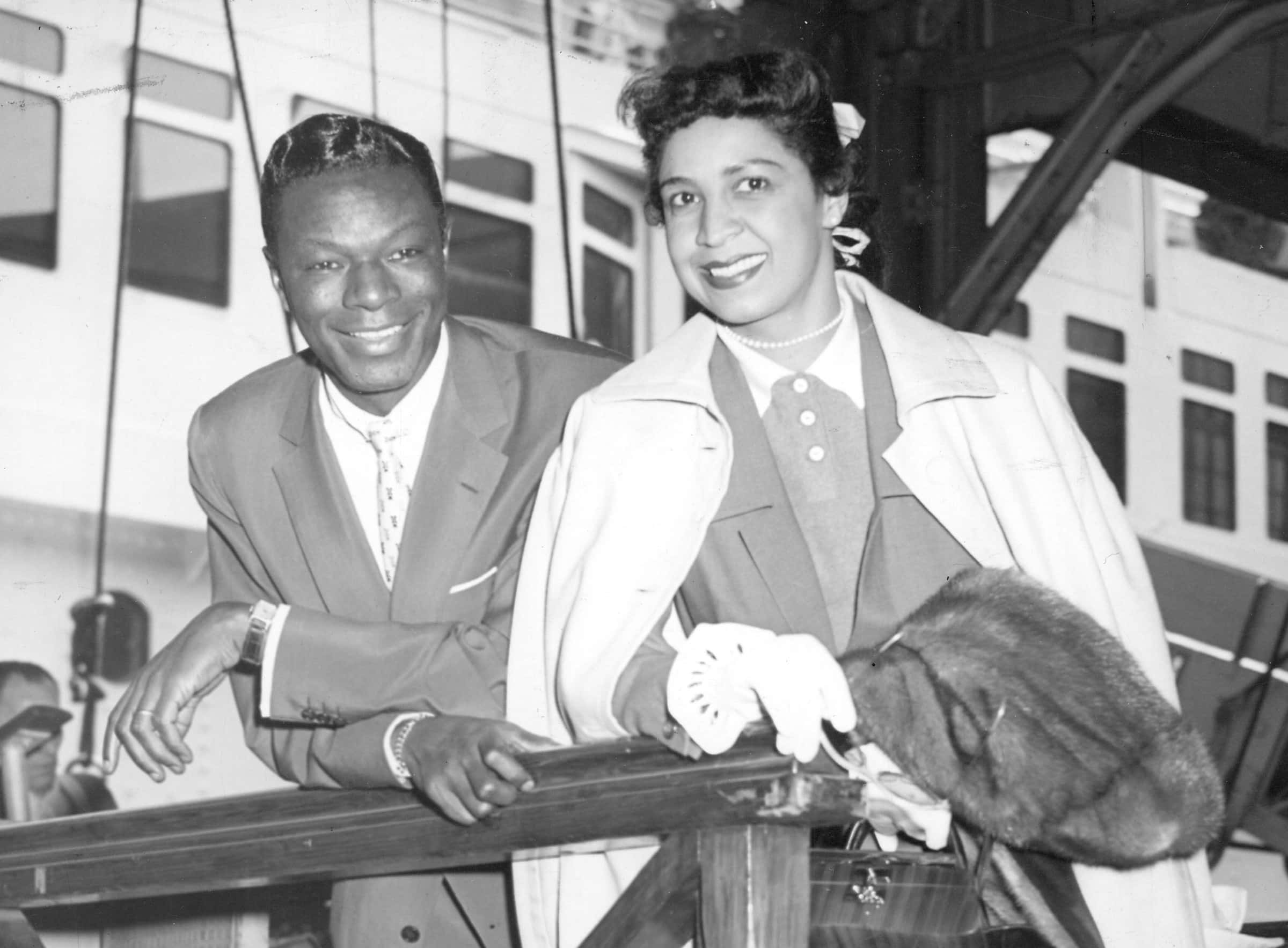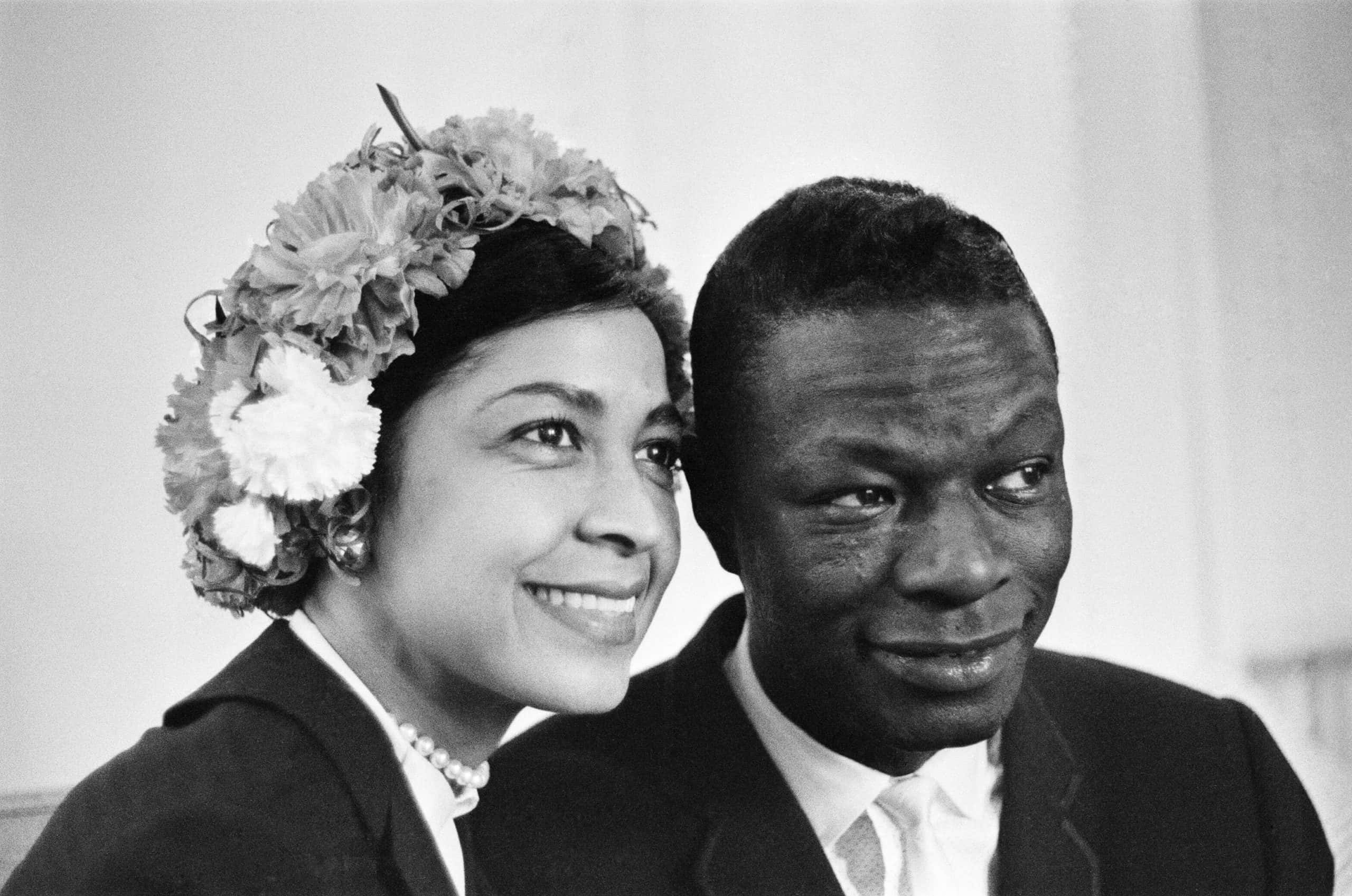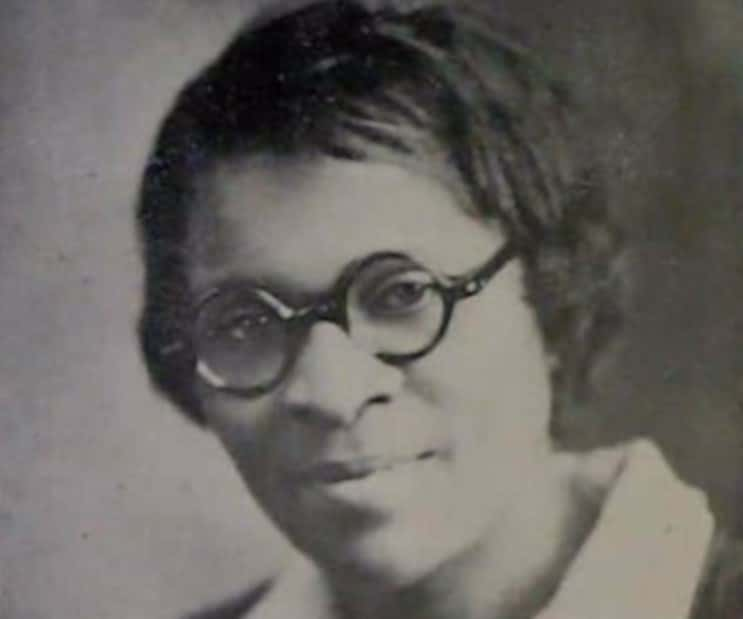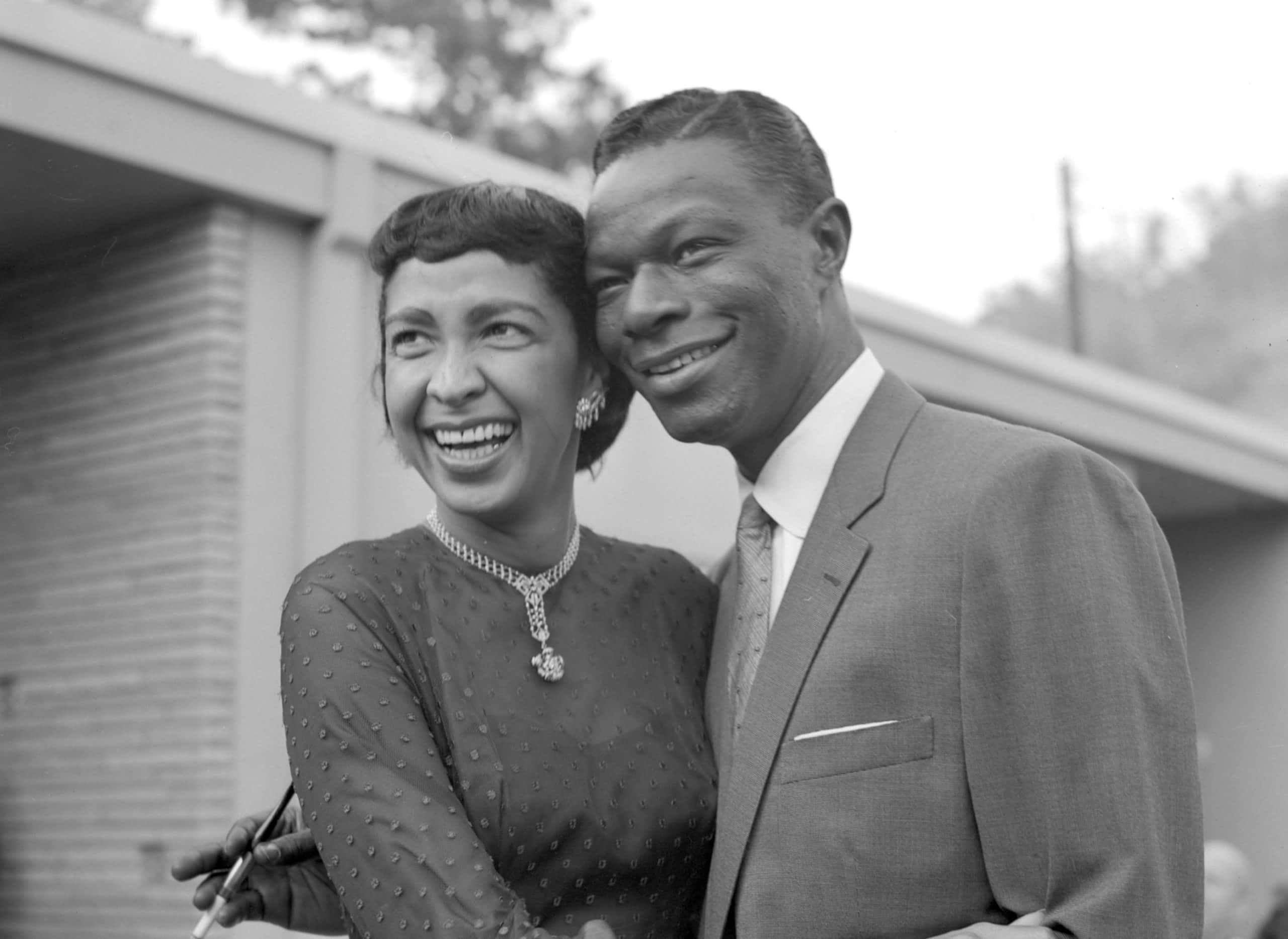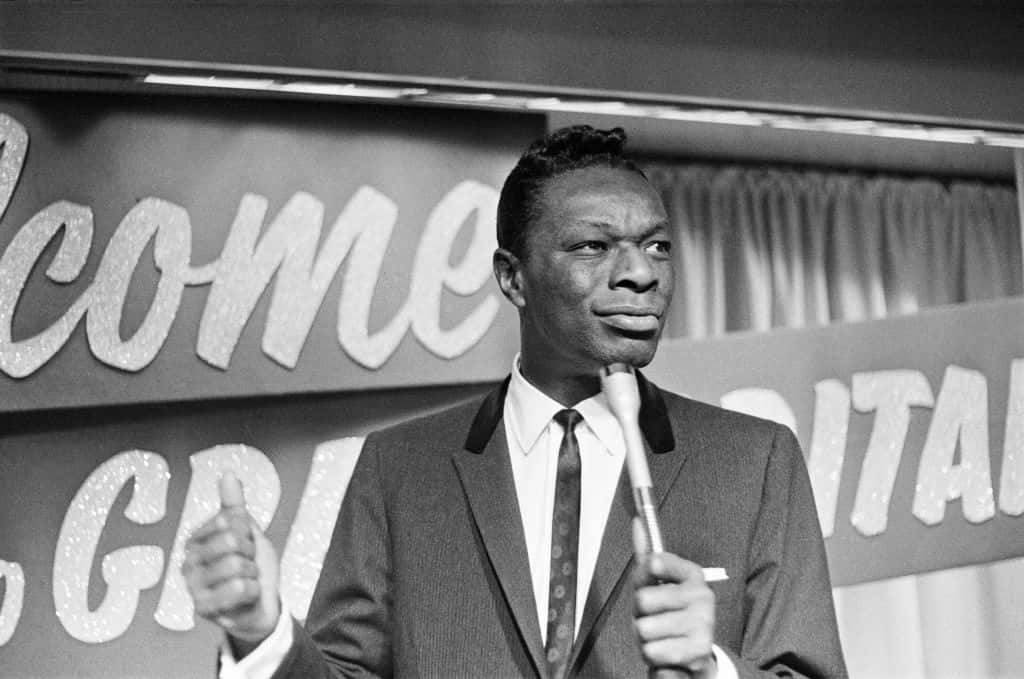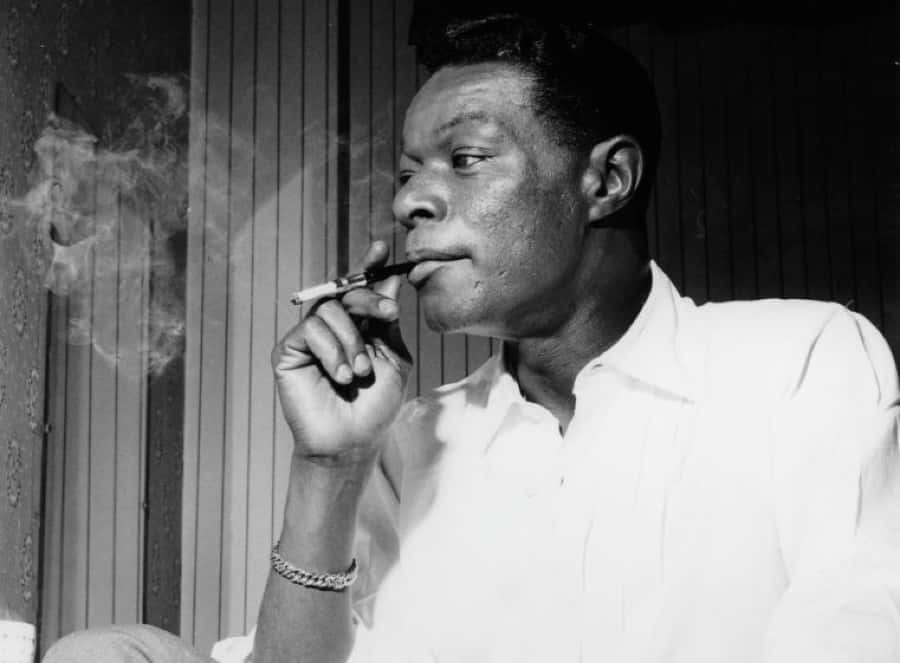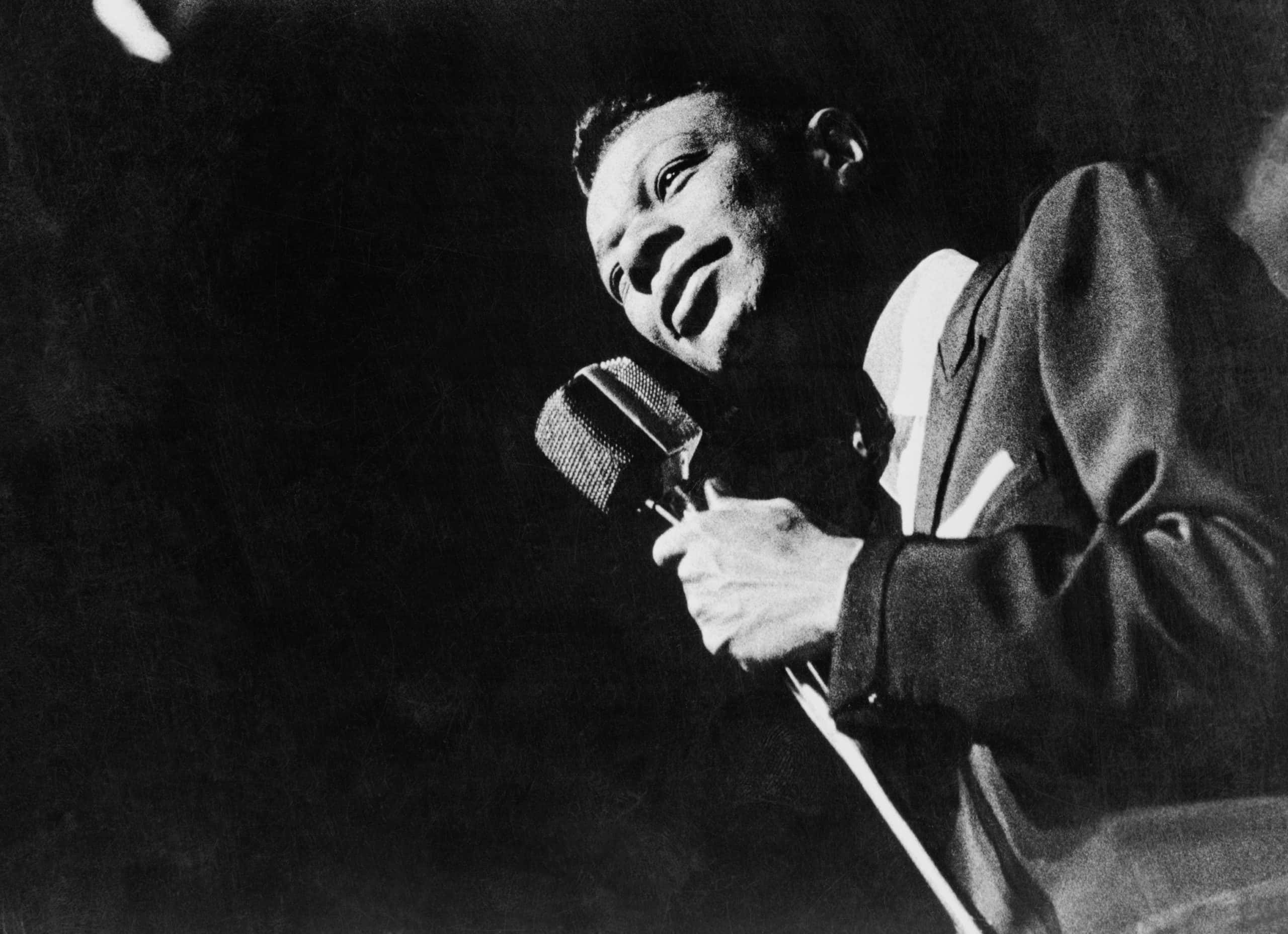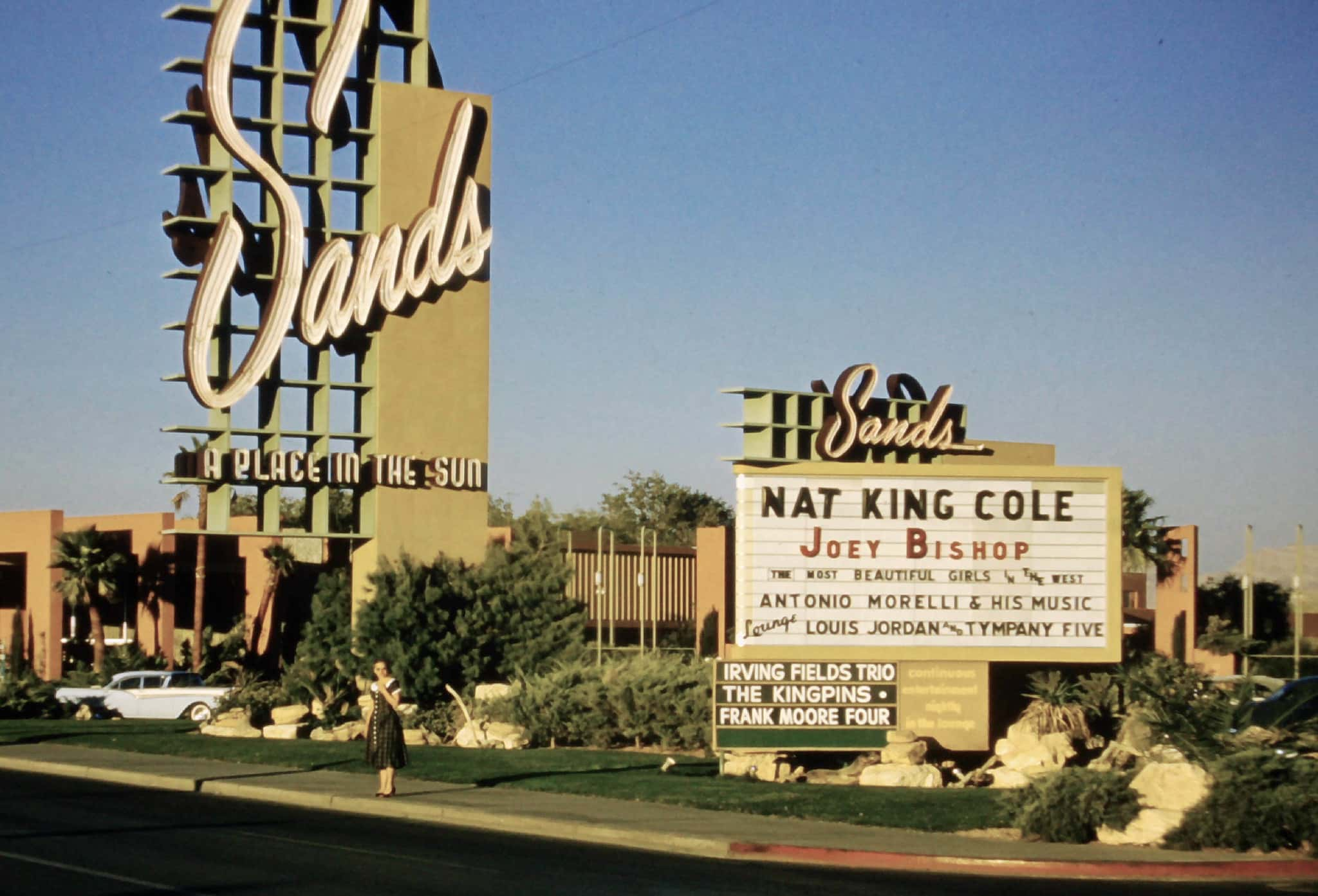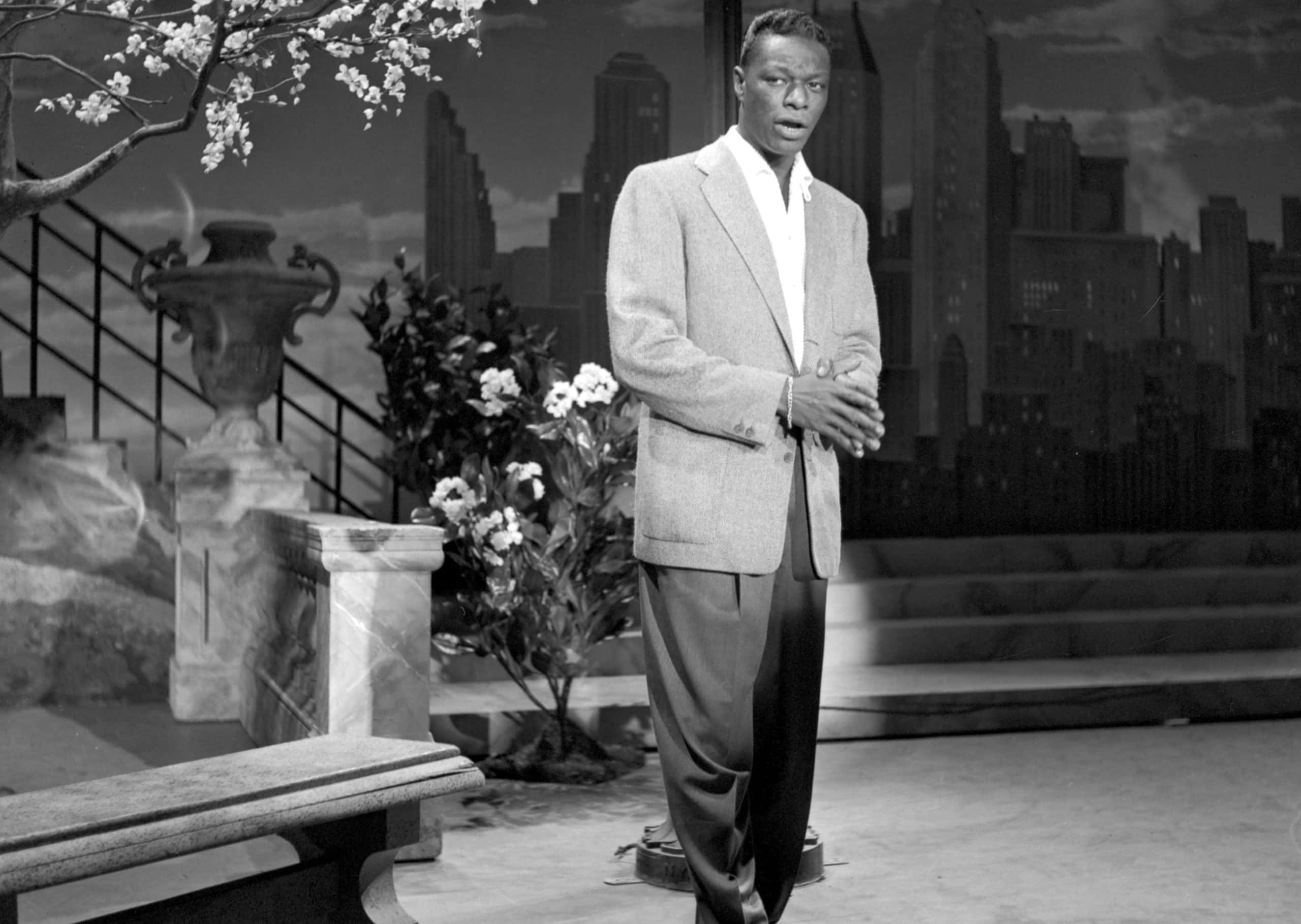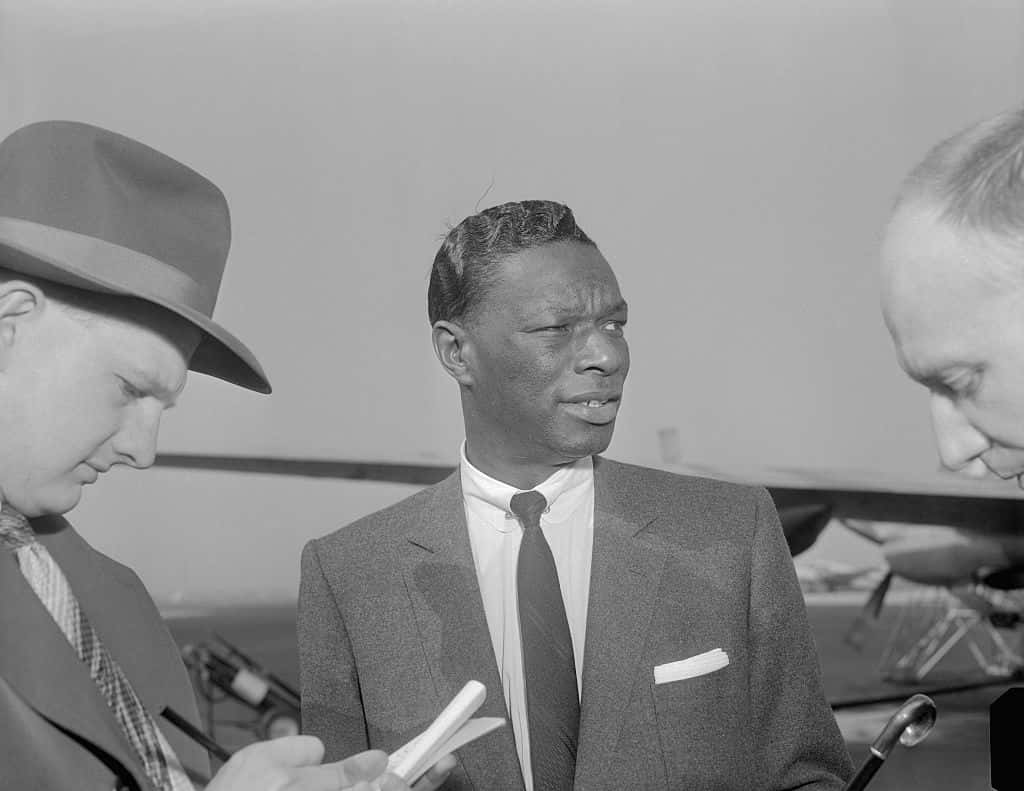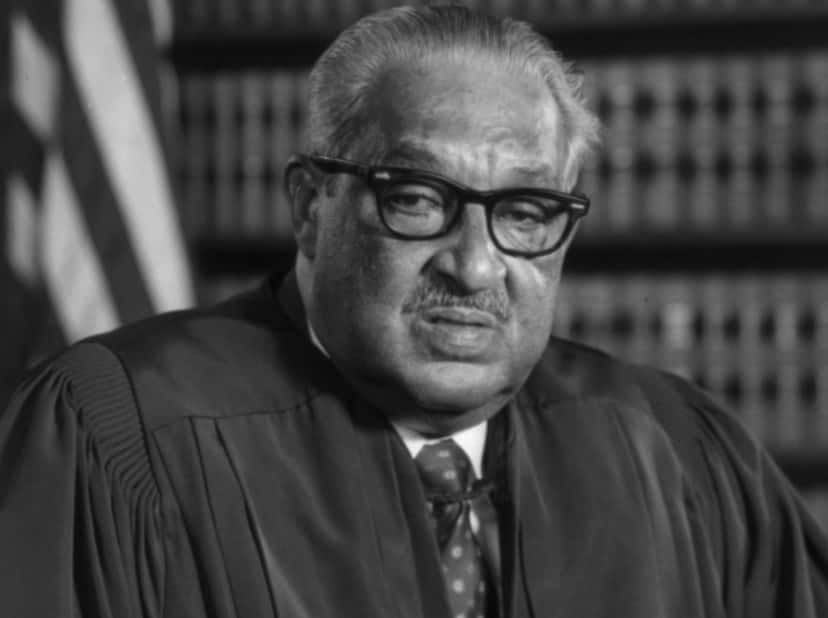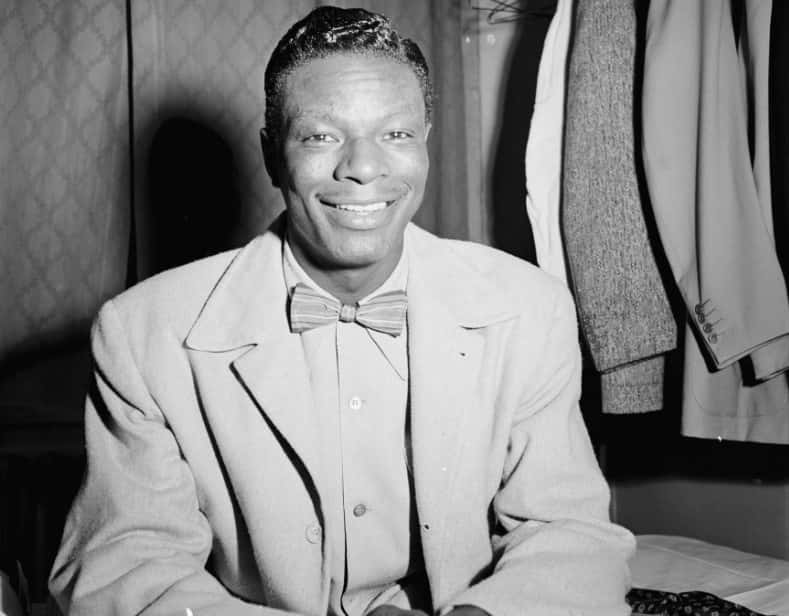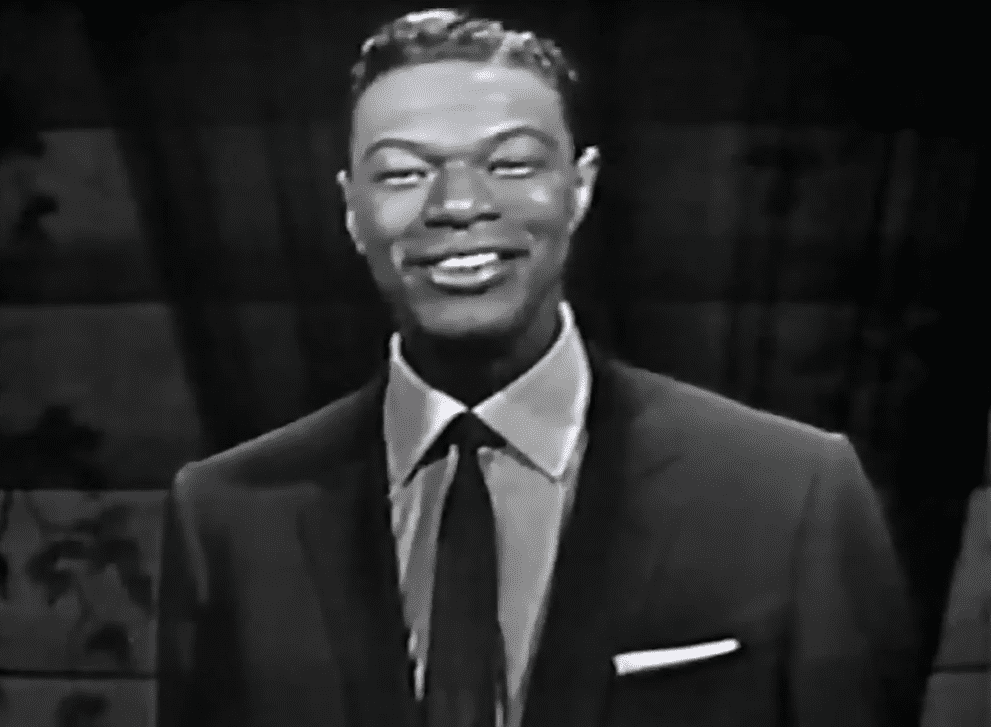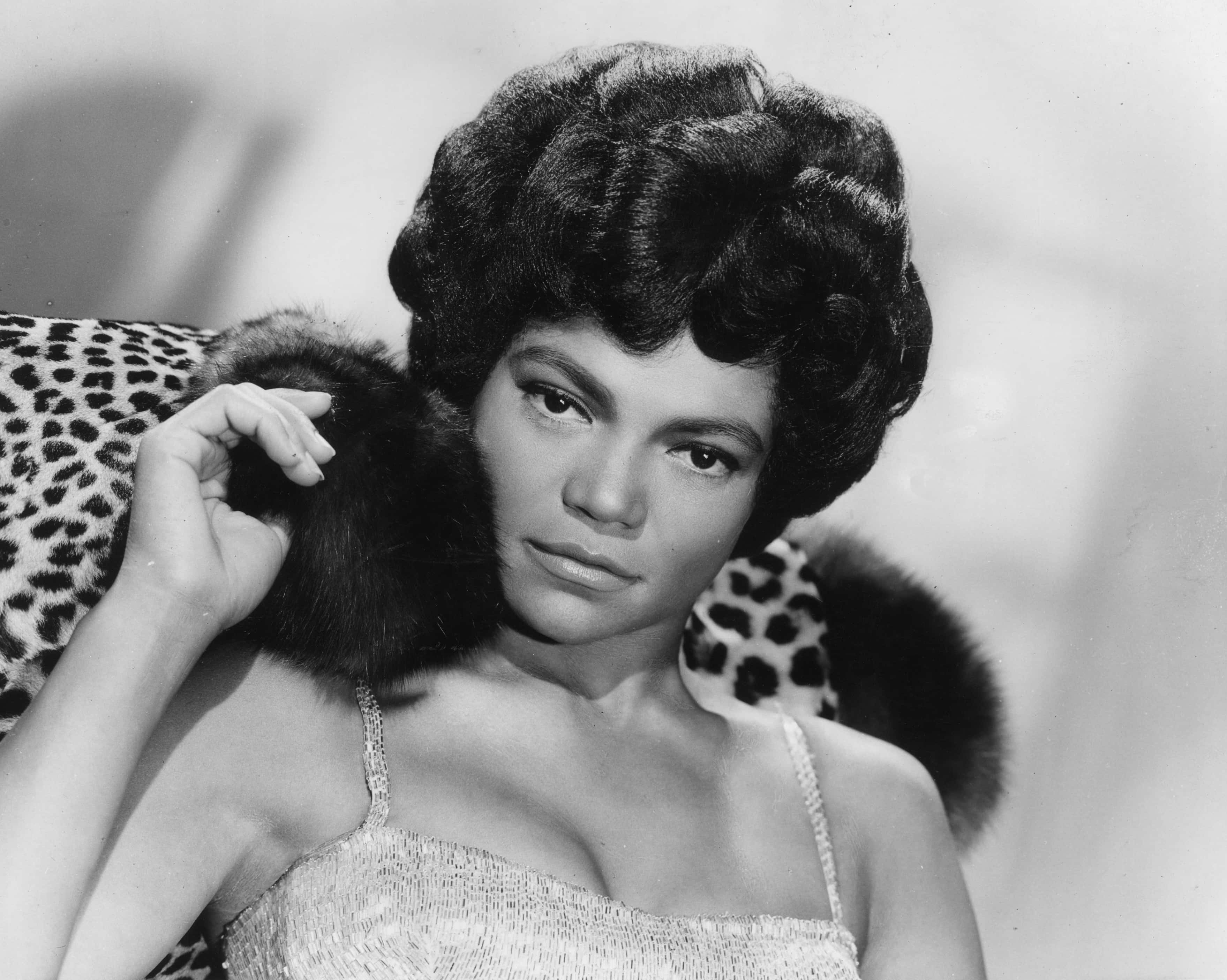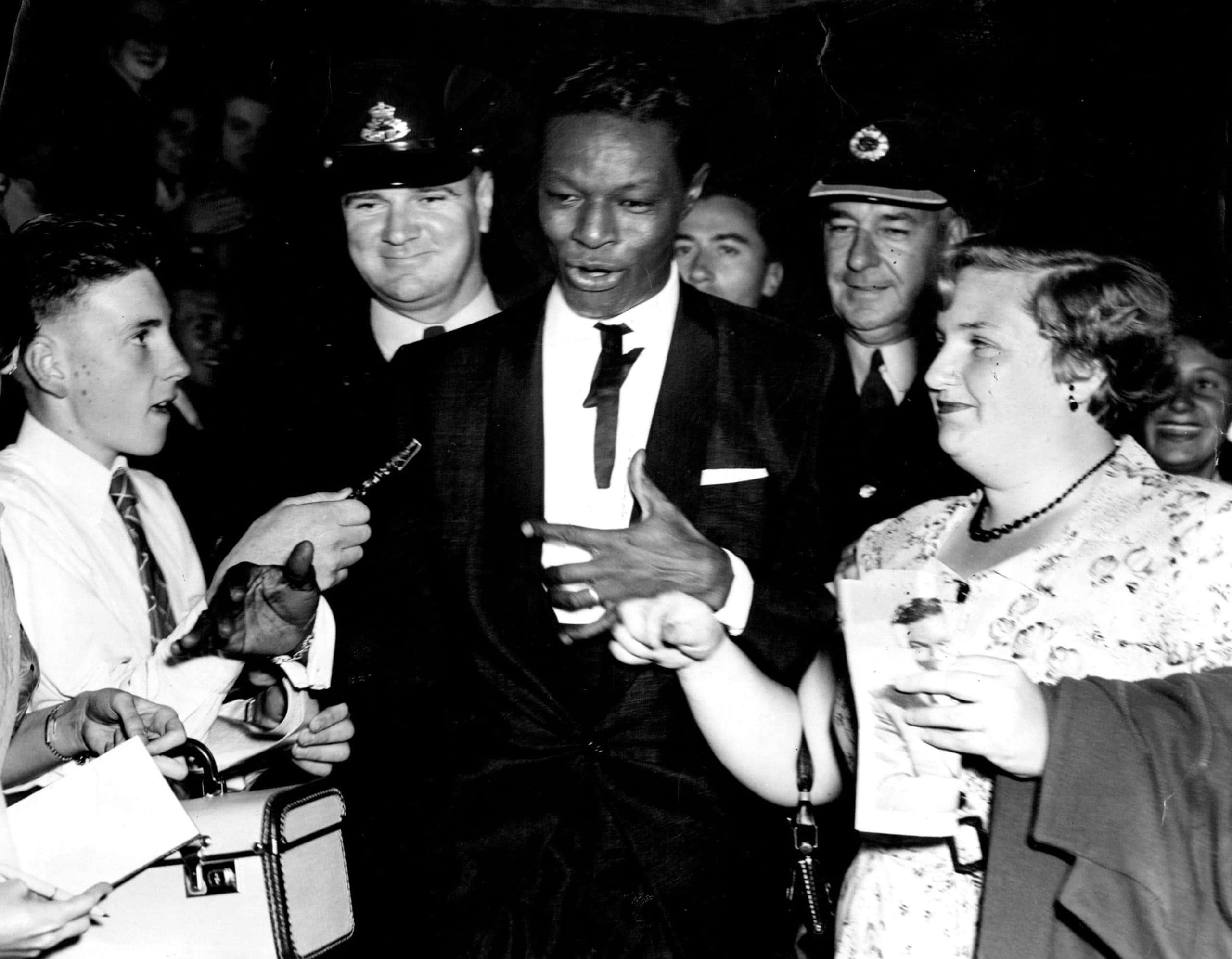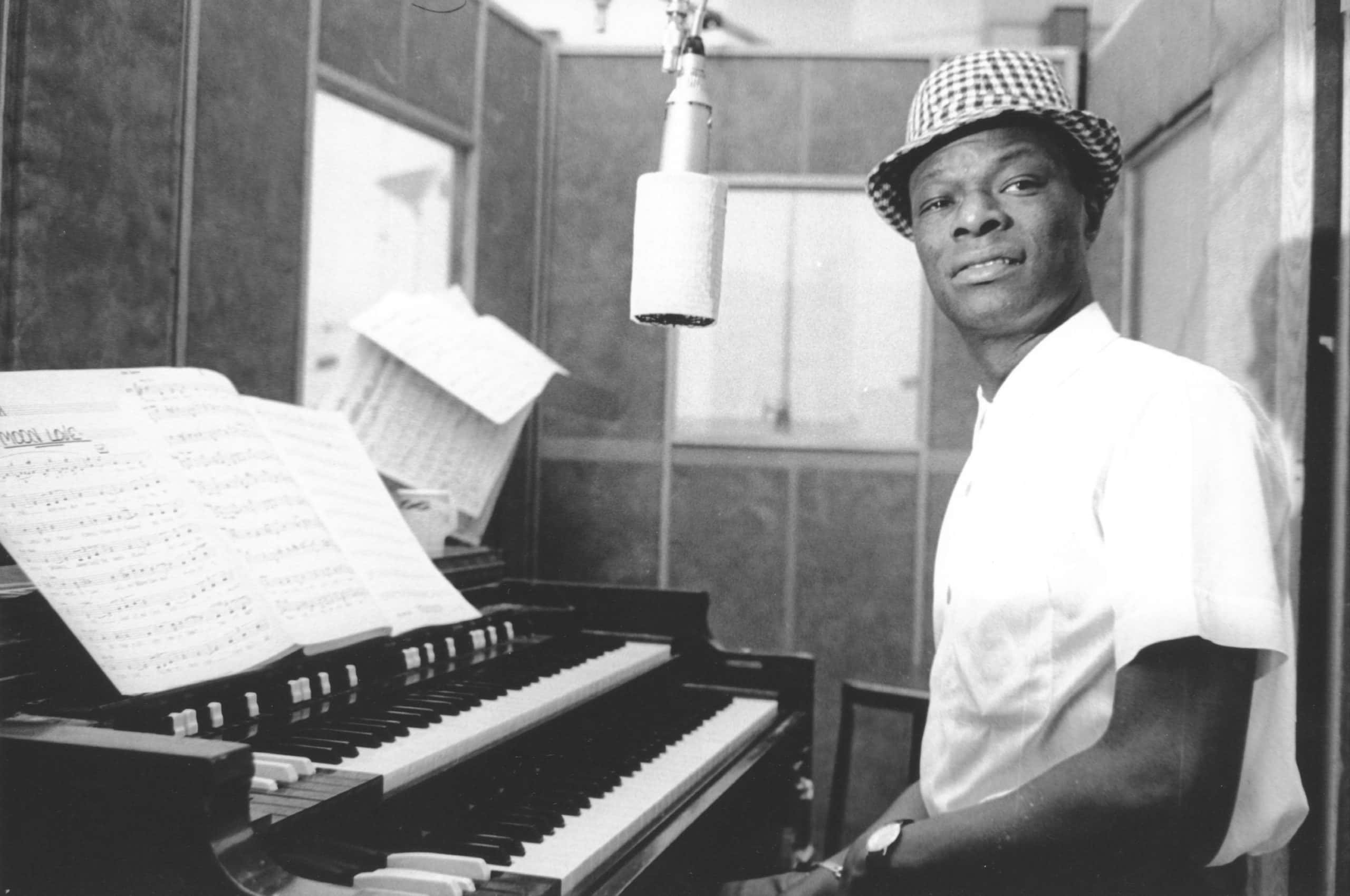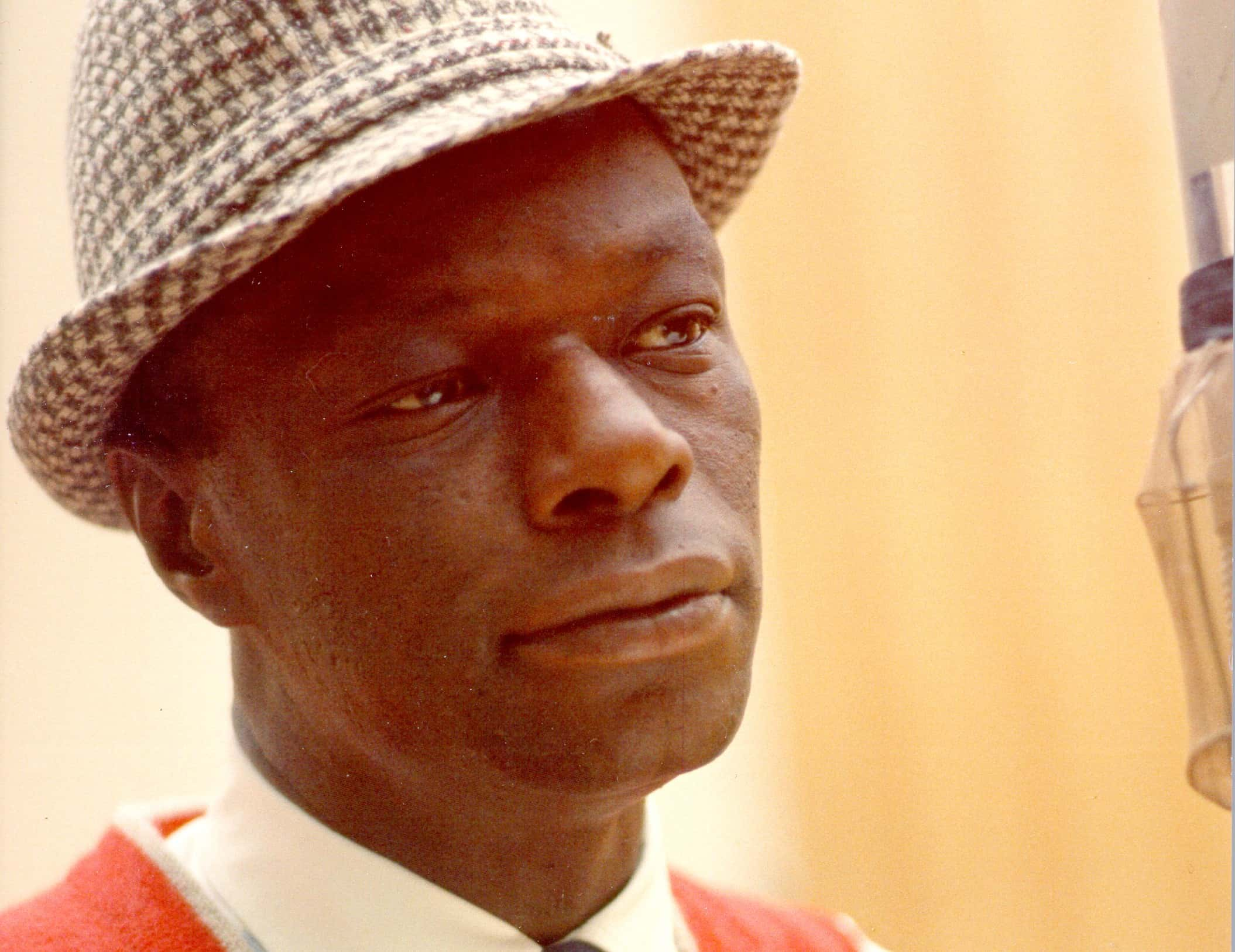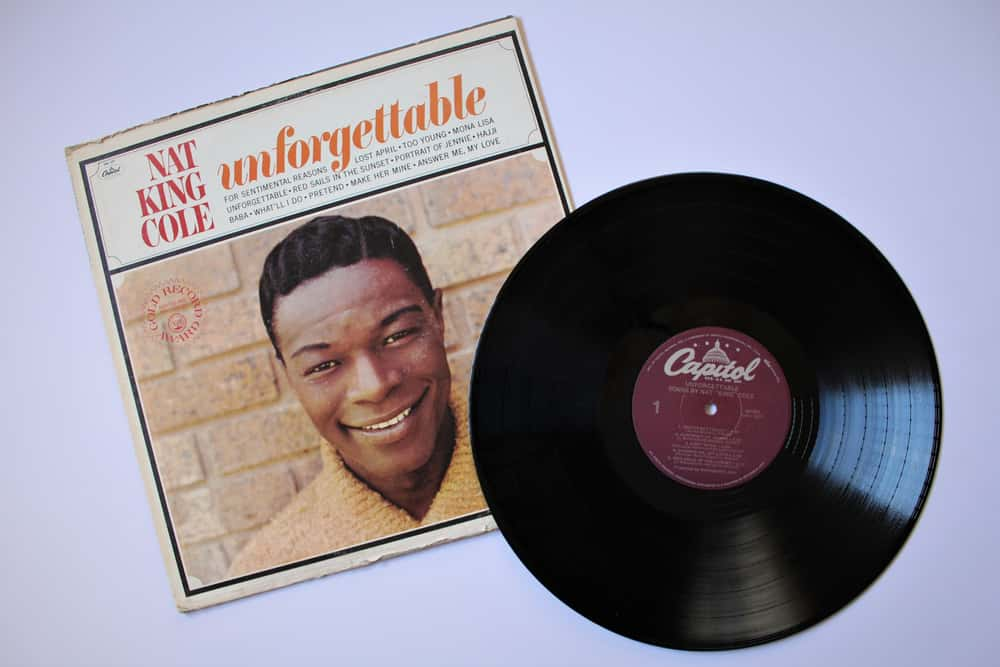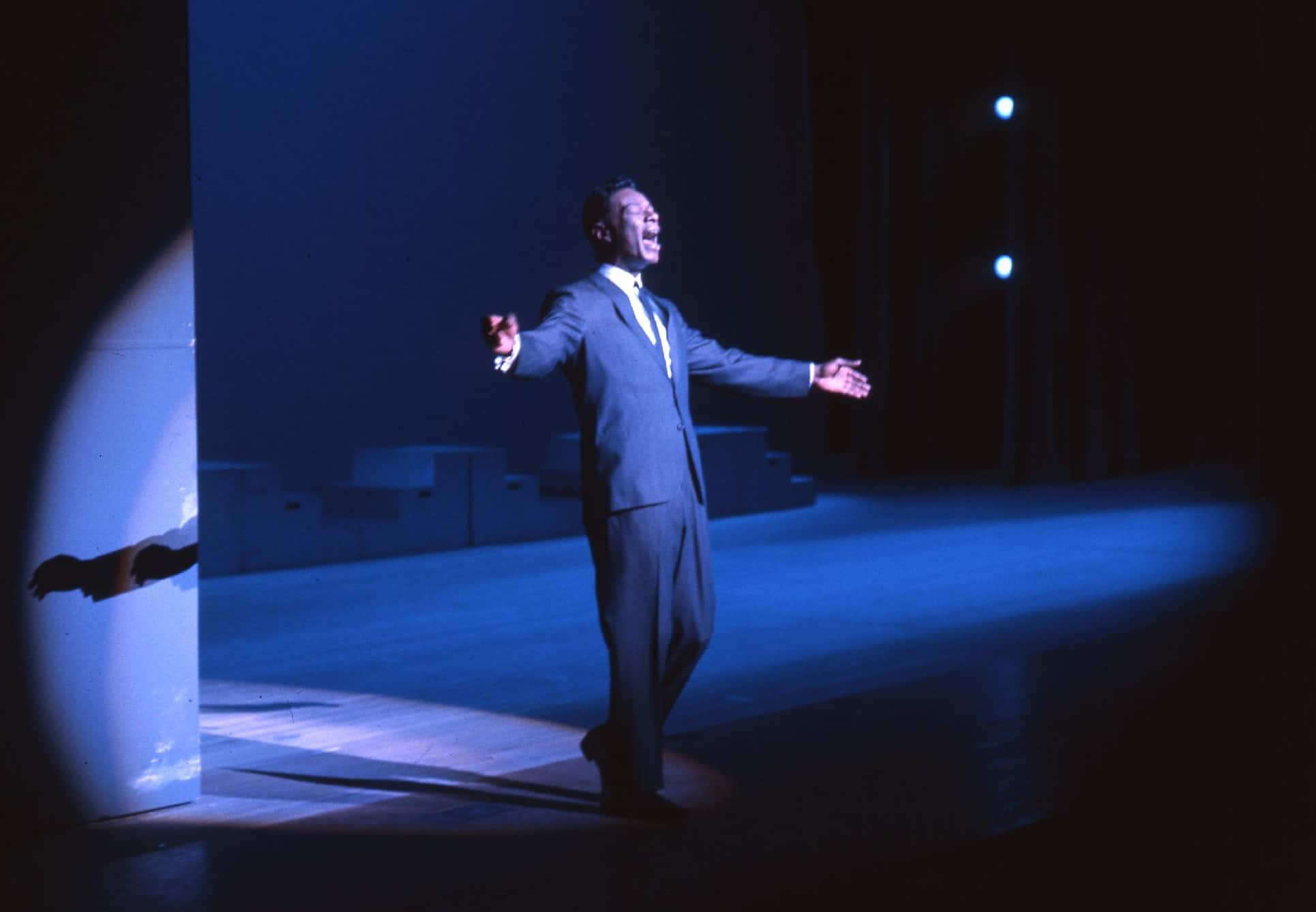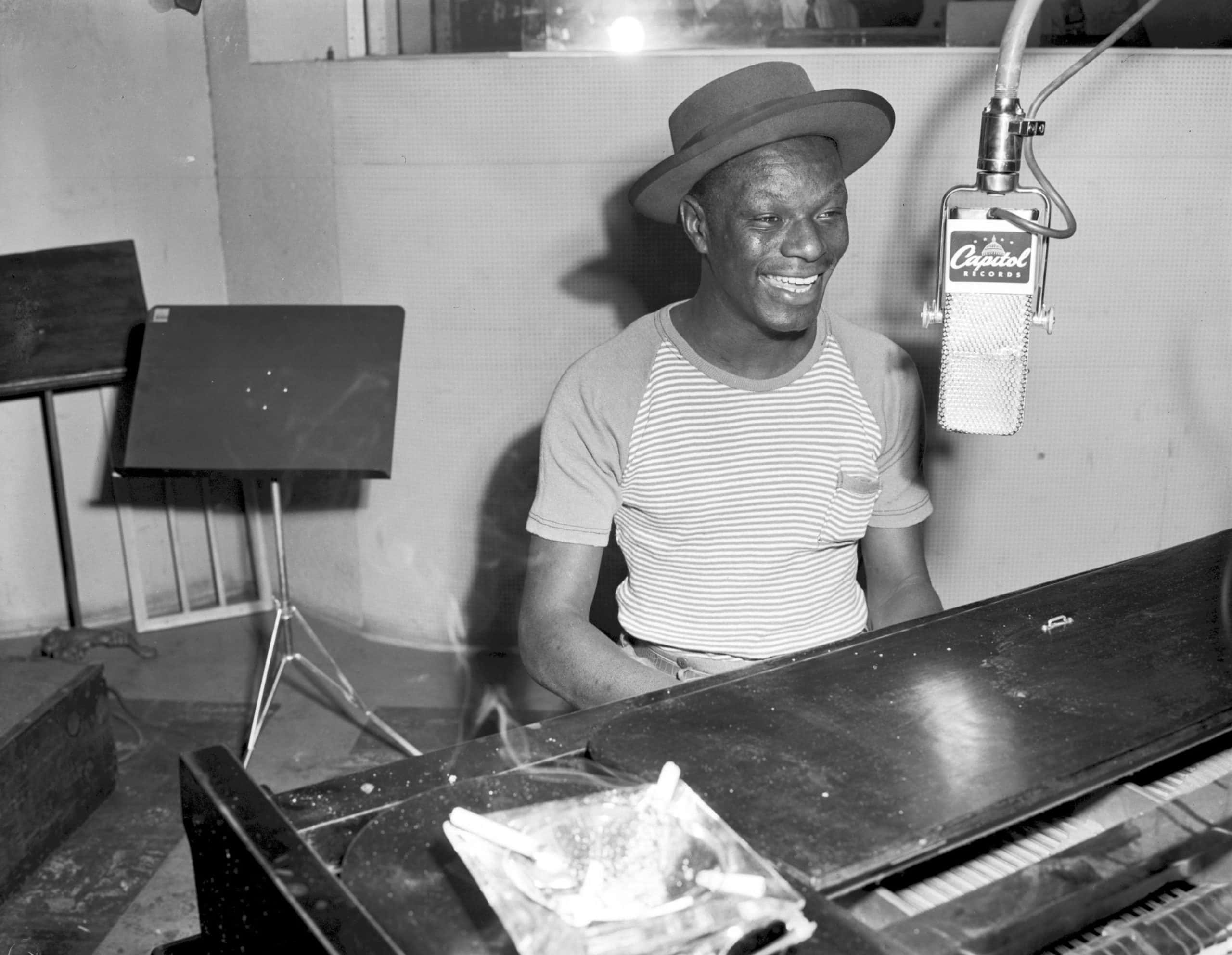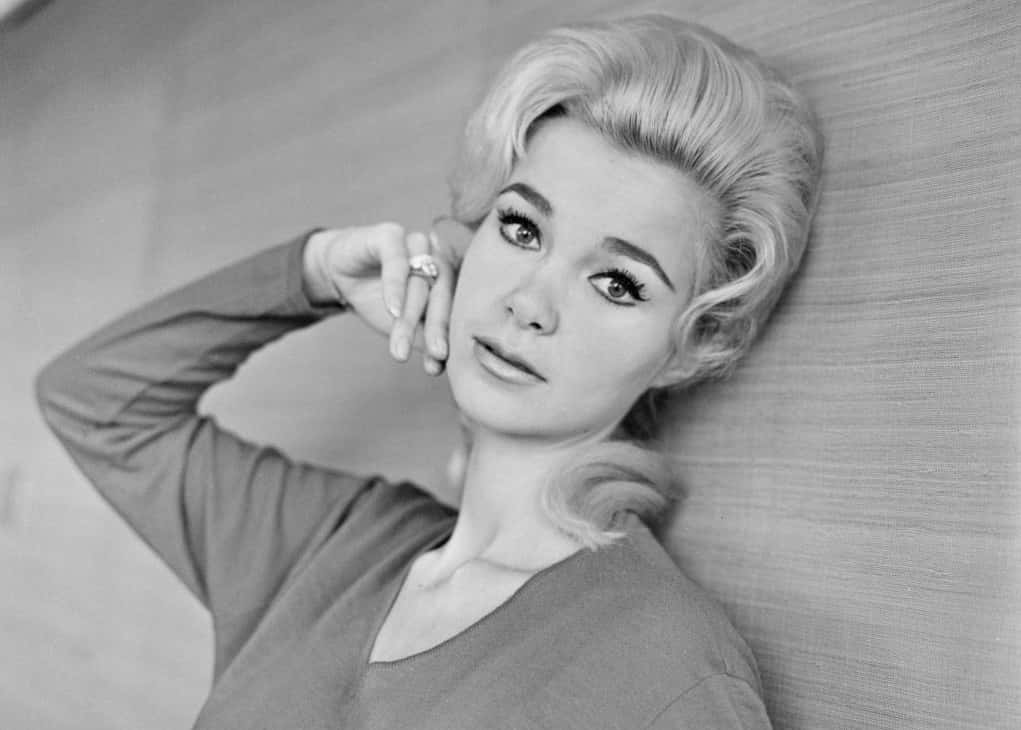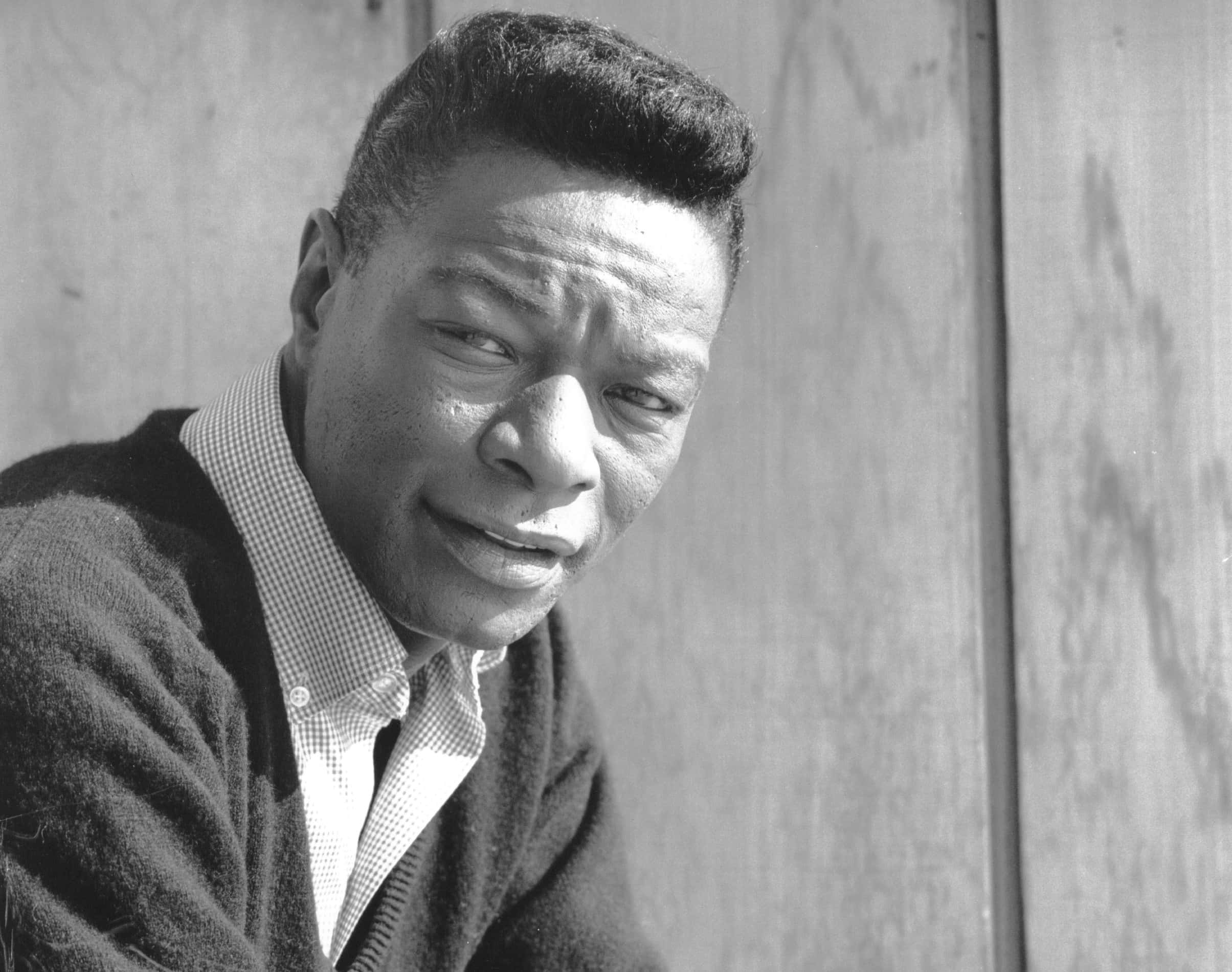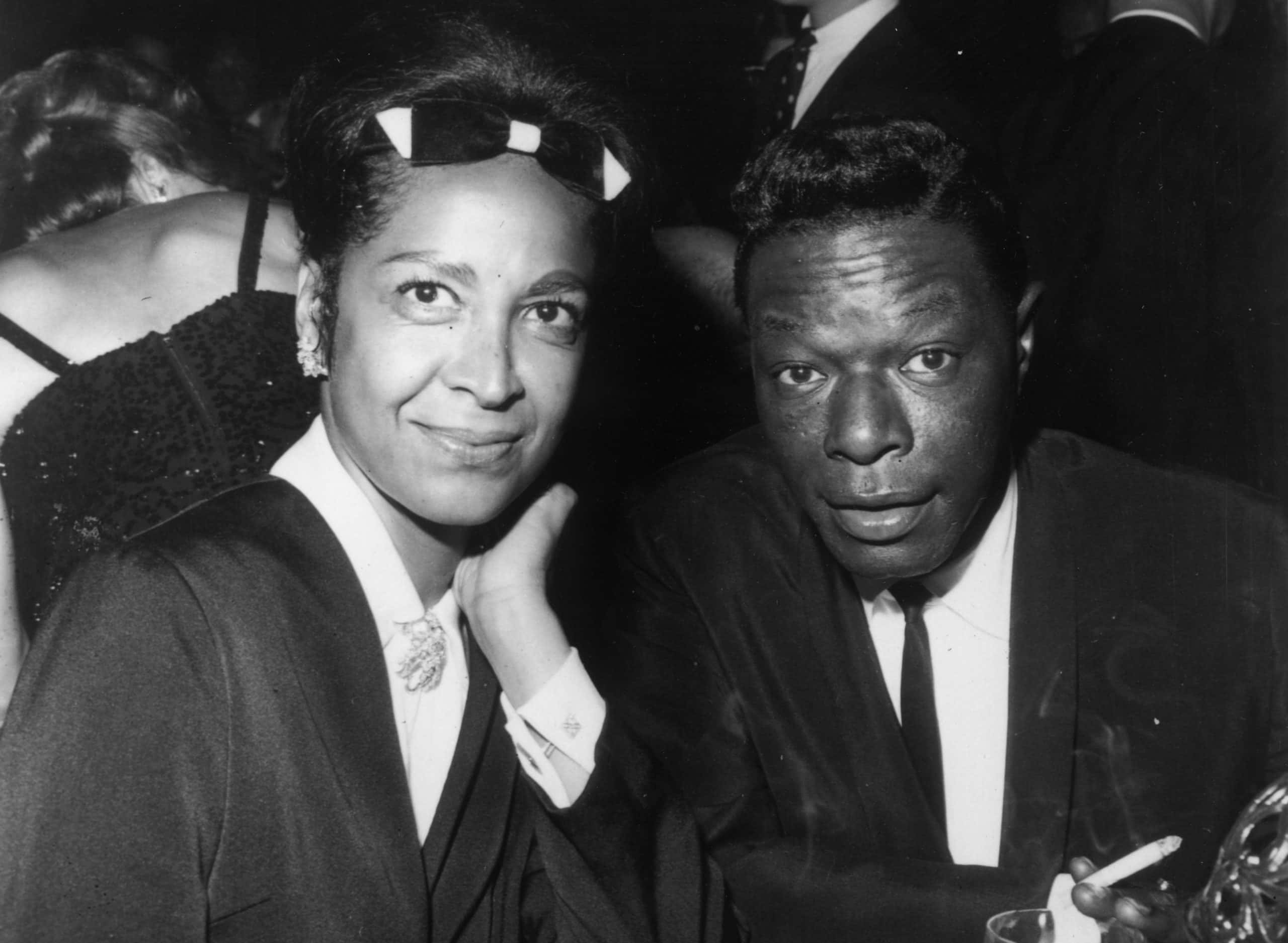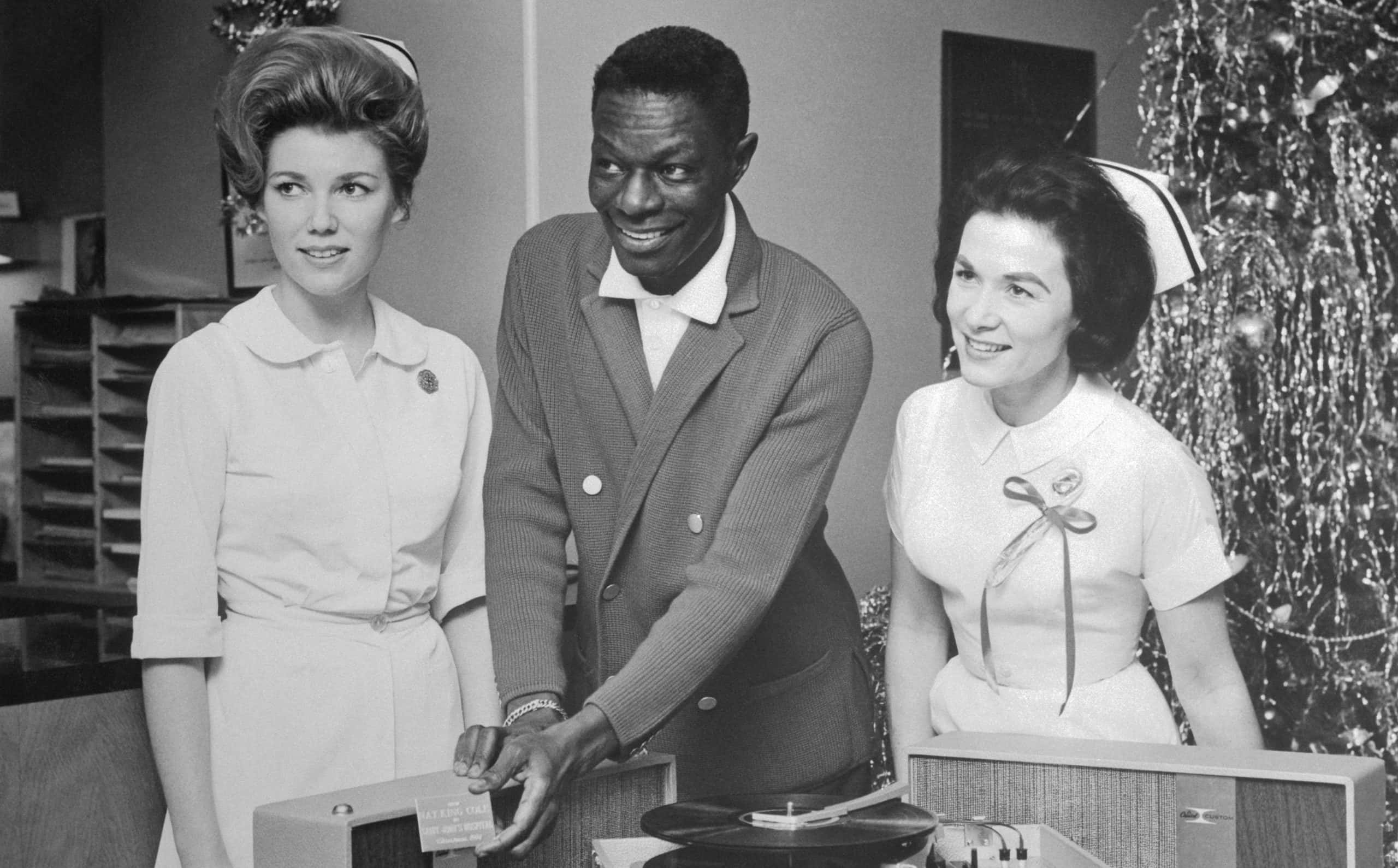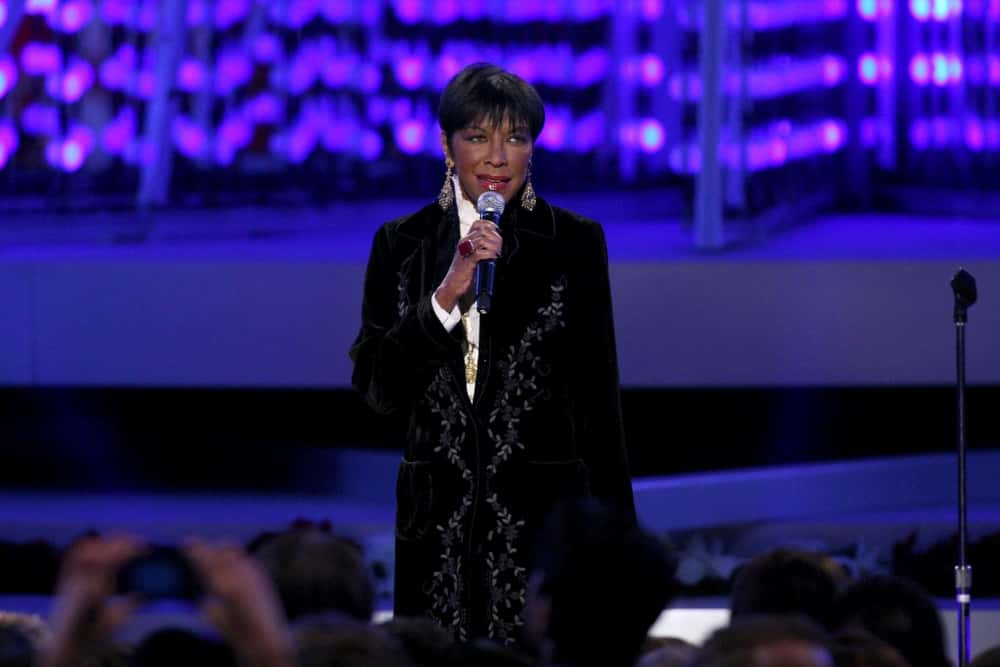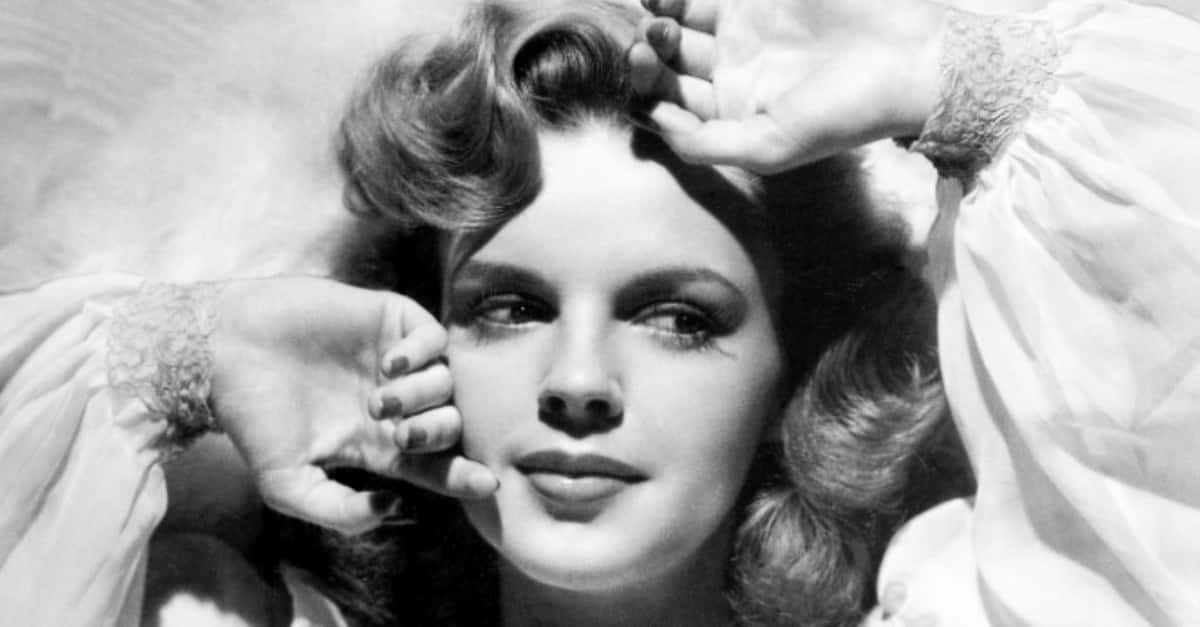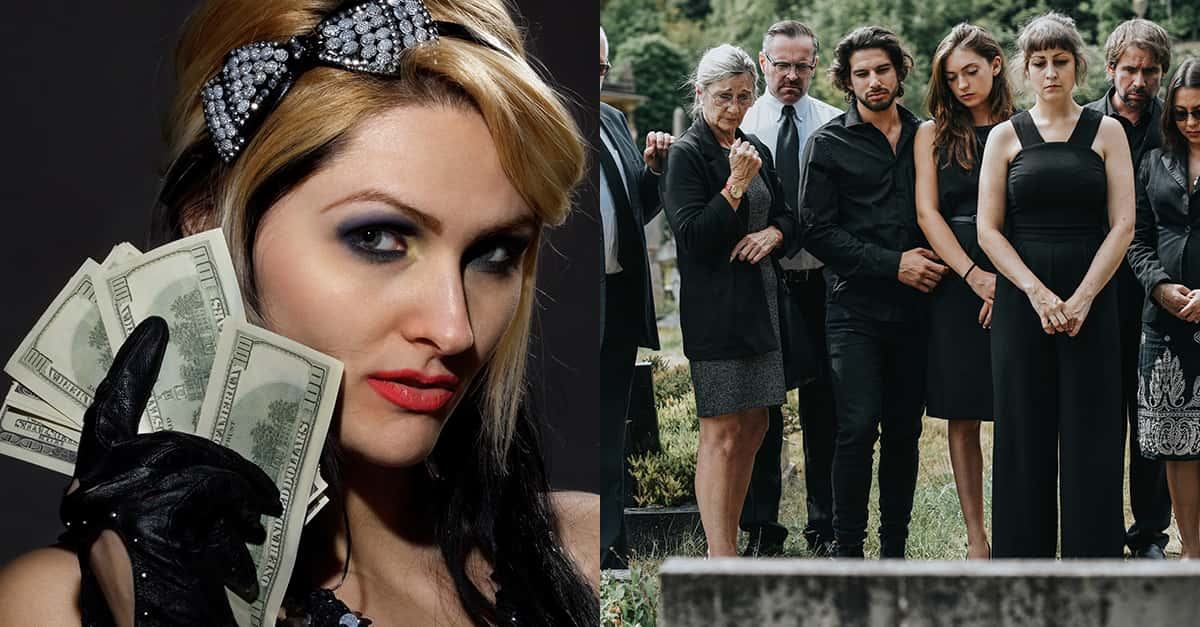The immediately recognizable voice behind some of America’s most-loved classics like “The Christmas Song” and “Smile,” Nat King Cole is one of America's great success stories. But navigating life in a United States torn over racial inequalities, he definitely knew a thing or two about what it really meant to “smile when your heart is aching.”
1. He Was Born Into Poverty
Nathaniel Adams Coles was born in the deep south of Montgomery, Alabama, in 1919. When Cole was born, lynching and race riots were a common occurrence in Montgomery. His family had to scrape by with nothing as the prejudice in the South continued to worsen. Finally, they couldn't take it anymore. Cole’s parents decided to move the family to Chicago where his father could work as a Baptist minister.
2. He Started Young
Nat King Cole started playing piano at four years old, taking after his mother, who played the organ in his father’s church. His talent for music was obvious throughout his youth. He won his first music contest at 10 years old, even before he formally began music lessons at 12. Cole was generally a good kid, but his growing love for music would soon take over—and it got him into all kinds of trouble.
3. He Snuck Out Of The House
By high school, Cole was in love with the catchy melodies of jazz and would often sneak out of his house to listen to his favorite jazz musicians. His love for the genre inspired him to form a small jazz band, Rogues of Rhythm, with some of his schoolmates. The group would play around the town, often paid in food or not at all. Cole didn’t care about the money then.
He was shy, but when it came to music, he had all the confidence in the world. That confidence inspired him to take a huge risk.
4. He Challenged His Idol
Already a prodigy in his hometown and starting to garner the attention of the press, the Rogues of Rhythm challenged Cole’s jazz idol, Earl Hines, in a battle of the bands. Now, that was a recipe for disaster—but Nat King Cole wasn't just any punk kid. He could play. The band of teenagers, led by Cole himself, managed to beat the jazz legend!
Cole’s parents were proud of their son’s talent, but his next decision was probably not as easy to be proud of.
5. He Dropped Out Of High School
With a few small successes under his belt, Cole thought he was ready for the big time, so he quit school. He joined his brother’s band, Eddie Cole’s Swingsters, who landed a gig in the orchestra of the Broadway musical, Shuffle Along, shortly after. He joined the Swingsters for the love of music, but he’d soon find even more love than he had bargained for.
6. His Brother Didn’t Want Him To Leave Chicago
After its run in Chicago, Shuffle Along set out to tour the west coast. Cole’s brother wanted him to stay in Chicago so they could continue their work with the Swingsters. Cole enjoyed his time with his brother, but he had other plans—plans that involved an unexpected relationship choice.
7. He Fell In Love With An Older Woman
Nat King Cole was in love with Nadine Robinson, one of the show’s sparkling dancers. But their romance was a source of scandal. Cole was only 17 years old at the time, while his new lover was 27. While it may have stopped other teenagers, neither Cole’s brother’s expectations nor the 10-year age gap stopped him from making a serious commitment. But was he getting himself in too deep?
8. He Got Married At 18
Less than one year after Cole set out on tour with Shuffle Along, he and Nadine were man and wife. Now 18 years old, and technically an adult, Cole settled in Los Angeles with his new wife in hopes they could both continue their careers. Cole played piano in big bands and nightclubs, but he still went by Nat Coles. It was time for him to come up with the iconic name that would stick with him for the rest of his career.
 Picryl
Picryl
9. A Nursery Rhyme Inspired His Stage Name
Once he started working with his brother, Cole had followed him in scrapping the “s” from their original last name. But the “King” didn’t become a part of his moniker until one of the nightclubs he worked for requested he create a band. He added a bassist and guitarist to his piano to create his first jazz trio. They named themselves the King Cole Swingsters and eventually the King Cole Trio after the popular nursery rhyme “Old King Cole was a merry old soul.”
Nat King Cole how had a band, but his talent on the piano continued to steal the show. Soon, though, another secret talent would steal the spotlight.

Sign up to our newsletter.
History’s most fascinating stories and darkest secrets, delivered to your inbox daily. Making distraction rewarding since 2017.
10. He Never Meant To Be A Singer
Although the jazz trio would occasionally sing small parts during their performances, legend has it that Cole’s first real vocal performance happened one night at a club when a tipsy patron asked him to sing. Cole obliged him, and his singing was so impressive that his vocals became a regular request at his gigs. Cole was already a hit live on stage, but his newfound talent would take him much farther.
 Flickr, Dan Perry
Flickr, Dan Perry
11. He Was A Radio Pioneer
The radio was a primary source of entertainment during Cole’s early career, but in the segregated America of the 1900s, it didn’t feature much Black talent. In 1946, Cole’s jazz trio hit the airwaves with a 15-minute program called King Cole Trio Time, making them the first radio program sponsored by a Black musician. With his vocals and musical talent beginning to draw national attention, Capitol Records signed Cole.
His early hits like “Route 66” and “The Christmas Song” experienced notable success. Cole’s star was starting to rise, but controversy rose with it.
12. He Was Accused Of Being A Sellout
As Cole’s singing career took off, his music started to move from traditional jazz tunes to a more widely enjoyed genre, something more pop than classic jazz. It wasn’t anything like what we’d call pop today, but many jazz musicians still considered him a sellout, angrily insisting that he was now making music just for the money.
Cole seemed mostly unbothered by these accusations, and continued to feature jazz in his own ways, even creating an all-jazz album called After Midnight as late as 1956. Cole’s new success was starting to open doors, some more taboo than others.
 Wikimedia Commons
Wikimedia Commons
13. He Was A Member Of A Secret Society
Around the time that Cole started transitioning from pianist to more of a singer, he became a Freemason. Though there’s not much detail available concerning Cole’s involvement with the top-secret group, he eventually rose to the rank of Master Mason. His music continued to take him across the country, but there was an unfortunate side effect. More time away from home created more opportunities to forget the woman he left behind.
14. He Was A Flirt
Cole’s burgeoning career, filled with late-night gigs all over the country and long days away from home, gave him ample chance to sleep around—and he was all too happy to partake. Cole dazzled these women. Once, when Cole was back at home, his wife went through his pockets and made a heartbreaking discovery. She found a love note from another woman, confirming all her fears.
Nadine may have hoped these were meaningless flings—but one of these flings would soon turn into much more.
15. He Fell In Love With Another Singer
During a performance at Club Zanzibar in New York City, Cole first laid eyes on Maria Hawkins, an elegant and intelligent jazz singer who herself was part of the opening act that evening. Back in Los Angeles, Nadine had ended her career to start a family with Cole, a dream that was yet to come into being. Still, none of that seemed to matter the night Cole met Maria. In fact, some friends even say it was love at first sight.
16. He Had An Affair
After a few electric interactions, Cole invited Maria to join him on the road. Maria knew he was married, and has even said she did feel guilty for spending so much time with Cole. She clearly didn’t feel that guilty, because she only made one stop before joining Cole on the road—at a drugstore to get a toothbrush. Cole was head over heels—and it spelled the end for his marriage.
17. He Divorced And Remarried In Six Days
Cole was in love with another woman, so he filed for divorce from his first wife. Only six days after the divorce was finalized, Cole married Maria in the second largest wedding in Harlem’s history at the time. Hundreds attended the extravagant affair at The Belmont Plaza. It was a beautiful night—though marred by injustice. The Belmont was Maria’s second venue choice; their first choice refused to host them because they were Black.
It may have been love at first sight for Cola and Maria, but Cole’s scorned first wife wouldn’t be the only person to disapprove of their relationship.
18. His In-Law Skipped The Wedding
Charlotte Hawkins Brown, Maria’s aunt and the woman who raised her, did not attend the wedding. She was a member of what was considered the Black elite. The privileged group went to select schools and institutions, and many considered themselves better than the average Black person. Allegedly, Charlotte and others in Maria’s family did not approve of her marriage to Cole, a darker-skinned Black man from the South, despite his musical success.
This was of no consequence to Maria and Cole, who married blissfully anyway. Their honeymoon in Mexico was a dream. Their return to the real world would prove to be more of a nightmare.
19. He Lived In An All-White Neighborhood
When they returned from their honeymoon, Cole and his new wife bought a huge home in Hancock Park, a wealthy area of LA. They were the only Black people living in the neighborhood. By then, Cole had experienced widespread success with his song “Nature Boy,” a tune that seemed to cross color lines in its success. Cole was a bona fide celebrity and undisputable success.
But celebrity or no celebrity, he was still a Black man, and in for a rude awakening.
20. The Ku Klux Klan Targeted Him
The Ku Klux Klan placed a direct hit on Cole as soon as he moved into his new neighborhood. The Klan, who was very active in California at that time, set a cross on fire in his backyard, marking him as a target for further violence. His wealthy white neighbors somehow even less welcoming.
21. His Neighbors Hated Him
The disgruntled residents of the neighborhood took up where the Klan left off, continuing to harass Cole and his wife. They poisoned Cole's dog, and even shot a bullet through a window when the Coles were out. Cole could have certainly moved to another location, but he seemed to have other ideas.
22. He Was A Quiet Rebel
Instead of moving out, the newlyweds settled in. Maria even went about making their home an extravagant display. In other words, they weren’t going anywhere. In an instance that would become a fan favorite, Cole was once at a meeting of homeowners from his neighborhood, when one of his white neighbors stood and said they didn’t want any “undesirables” living there.
He had clearly directed this comment at Cole, who simply replied that he didn’t want any undesirables living there either! Cole continued to battle racism in his backyard, but circumstances also forced him to come to terms with it abroad.
23. He Was Too Dark For Foreign Audiences
Cole’s first European tour was a total failure. While his sultry, often romantic tunes were slowly but surely starting to reach both white and Black audiences in the United States, the Europeans seemed to find him difficult to place. They had never seen a romantic singer as dark as him, and seemingly weren’t fans. This was certainly a disappointment, but people who had yet to fall in love with his music were the least of his problems. Back home, a new disaster was waiting for him.
24. He Almost Lost His Home
Back in LA, the IRS threatened to seize Cole’s home due to unpaid taxes. Some, including Cole’s wife, speculated there was more to it, and that the agency was in cahoots with their white neighbors. Luckily, Cole was able to borrow money from his wife’s aunt and receive a long-term advance from Capitol Records in order to keep his home.
His money troubles handled, he had more time to focus on his musical pursuits, including a successful song he nearly missed out on.
25. He Didn’t Like One Of His Greatest Hits
When he first heard “Mona Lisa,” Nat King Cole was less than impressed. He just didn’t quite get it. On advice from his team, he stuck with the song and added his own style to the arrangement. “Mona Lisa” became one of his greatest hits of all time and spent five weeks at the top of the Billboard charts. After Cole passed, the Grammy committee inducted the song into the Grammy Hall of Fame.
But as Cole’s success was taking him to the top, a personal habit was busy chipping away at his health.
26. He Smoked Like A Chimney
Nat King Cole took up smokes at the age of 14. It wasn't long before the habit took its toll. When Cole showed up to a performance looking like death warmed up, a member of his team insisted that he go to the hospital. Doctors there immediately took him in and treated him for a bleeding ulcer. While he survived and would return to work, his doctors said that for him to heal completely he’d need to stop lighting up for at least three months.
So, Cole stopped gave up the habit...for exactly three months. The doctors wanted him to quit, but he had unique ideas about the habit.
27. He Thought It Made His Voice Better
Cole allegedly believed that smoke contributed to the quality of his voice, aiding in the husky, deep tone that made audiences fall in love with him. According to him, if he quit entirely, he might be out of a job! Cole went right back to his bad habit once his ulcer healed—and right back to dealing with the prejudice that seemed to plague him at all turns.
28. He Performed For Segregated Audiences
Segregation in the United States would legally end within Cole’s lifetime, but he performed at many segregated venues during his career, often singing for audiences that were all white. Some Black artists boycotted these segregated shows, but Cole continued on for a time, even though some of his own people considered this a betrayal.
Cole’s cool, relaxed demeanor made him appear not to care about these comments—but he still had battles of his own to fight.
29. He Sued Hotels
Many hotels refused to room Cole for the night because of the color of his skin, even if he was performing at that very hotel. Cole always obliged, but also quietly sued these hotels, winning most of his court battles in the process. As discrimination continued to escalate, Cole eventually chose to boycott Las Vegas entirely until hotels there agreed to offer him a stay.
Cole probably found these hotels’ refusals embarrassing and uncomfortable—but his emotional state wasn’t the only thing under attack.
30. He Was Attacked Onstage
Nat King Cole always felt at home on stage—but one night in 1956, one of his performances took a chilling turn. While singing for an all-white audience, several white men attacked Cole. This attack followed the circulation of photos featuring Cole and white female fans, which enraged many in the white community.
Thankfully, law enforcement was on the scene and quickly apprehended the men. As it turns out, the men had much more sinister plans than a mere beating.
31. He Was Nearly Murdered
The authorities indicted six men for the incident, revealing that nearly 150 more men from Birmingham and other surrounding towns were in on the plan, which was ultimately to abduct and murder Cole. The experience must have frightened and shocked him. Cole noted that he didn’t understand why the men targeted him, as he wasn’t necessarily an active member of any civil rights protests or organizations.
However, Cole's response to the attack didn't exactly win him any friends in the Black community.
32. He Was Called An Uncle Tom
Cole denounced the incident, but he said he didn't hold anything against the men and was not “bitter” against them. This response was too diplomatic with many persons in the Black community. Thurgood Marshall, who would later become the first Black supreme court justice, called him an Uncle Tom and even satirically joked that Cole should perform with a banjo. And Marshall wasn’t the only person who spoke out against Cole.
33. Jukeboxes Removed His Albums
Cole's soft response had brutal consequences. Many Black leaders condemned Cole’s response to his attack in the Black press. Jukeboxes all over Harlem removed Cole’s albums, and many considered him a traitor. These responses undoubtedly devastated Cole, who ultimately chose to go public in ways he hadn’t before.
34. He Became An Activist
Even though he would never perform in Alabama again, these losses seemed to inspire Cole. He began to actively engage in the civil rights fight, becoming an official member of the NAACP, boycotting segregated venues, and even helping to plan the March on Washington. Cole had his sights set on making a difference and using his opportunities to help the Black community—but the further he tried to go, the more resistance he would face.
35. He Was A Trailblazer
In 1956, The Nat King Cole Show debuted on NBC. The show was one of the very first on television to be created around a Black man. It featured Cole’s music as well as that of multiple other performers. This was a milestone event for Cole and the Black community, considering the fact that Black people were often limited to very stereotypical performances onscreen.
Cole was making strides—but the prejudice of the times would permeate right into his show.
36. He Couldn’t Sit Too Close To White Women
The Nat King Cole Show spotlighted many special guests, both Black and white. While Nat could get close to some, dancing and playfully chatting with famous Black woman performers like Eartha Kitt and Ella Fitzgerald, NBC wouldn’t permit him to do so with white women. In fact, they would often put a stool or piano between him and his white female guests, to put the white audiences at ease.
Unfortunately though, even with these concessions, the show was fighting an uphill battle—one they were destined to lose.
37. He Cancelled His Own Show
Even with several Black celebrities making contributions to the show, the network could barely find any sponsors for Cole’s show, often running it without ads and taking the financial loss. In fact, the show only ever found one regional sponsor. After 68 episodes, Cole had enough. He canceled the show, famously declaring that “Madison Avenue is afraid of the dark.”
While his television career didn’t take off as he would have liked, he still had plenty of work.
38. He Sang In Several Different Languages
Nat King Cole was the highest paid singer in the world at the peak of his career. Part of his success came from his love for different cultures and languages, which resulted in him recording songs in several different languages, including German, Italian, and Japanese. Cole especially loved singing in Spanish, though he didn’t quite have a grasp of the language.
39. He Tried His Best
Cole sang in different languages by learning them phonetically. He had an especially large presence in Cuba and recorded multiple hit albums in Spanish. According to his fans, Cole’s accent sounded extremely Americanized and inaccurate. Still, his fans there loved his music, and even sang his songs with his version of the language.
Even with this notable foreign success, Cole would experience the most success in the country that had spent decades struggling to accept him.
40. He Was Even More Successful After His Passing
Cole’s music and career received numerous posthumous honors. He sold over one million copies of his albums shortly after his passing, and would eventually be awarded several more Grammys, and even the Grammys Lifetime Achievement Award. While his music one several awards, his influence would win even more.
41. He Is A Multi-Hall-Of-Famer
Nat King Cole holds spots in multiple positions of honor, to include the Jazz Hall of Fame, Latin Songwriters Hall of Fame, National Rhythm & Blues Hall of Fame, and Rock and Roll Hall of Fame. Cole managed great success in a divided America—he even managed to make the transition to the acting world.
42. He Made A Splash On Screen And On Stage
Cole moved on to acting, including time on Broadway, on TV, and in movies. His most successful endeavor was his starring role in St. Louis Blues along other iconic music stars. He played a character much like himself, the son of a minister who became a great blues musician. Despite his dive into Hollywood, Cole continued to sing and create music, expanding his reach across the globe and experiencing widespread success.
Cole likely expected at least a few more years to share his talent. He was only in his forties, after all! But he was in for a rude awakening.
 St. Louis Blues (1958), Paramount Pictures
St. Louis Blues (1958), Paramount Pictures
43. He Collapsed After A Performance
In 1964, Cole started getting sick again, this time experiencing notable weight loss and back pain. He was in so much pain that he even collapsed immediately after a performance at a hotel in Las Vegas. Nevertheless, Cole continued to work. His team finally convinced him to seek medical help when he fell ill during a performance in San Francisco.
The hospital admitted him for tests right away, and eventually issued a grim diagnosis.
44. His Diagnosis Was Public Before He Heard It
Nat King Cole left the hospital after taking some initial tests. Later, he turned on the radio and received devastating news: He had cancer. The revelation shocked him and he refused to believe it at first, but he couldn't outrun the truth. The smokes had finally caught up with him. Doctors gave him only months to live. Against his doctor’s advice, he went back to work on his final album, L-O-V-E.
He was quickly nearing the end of his life, but would not leave without yet another scandal added to his name.
45. He Had A Secret Lover
A few years before his hospitalization, in 1963, Cole was on the road with his show Sights and Sound when he first encountered Gunilla Hutton, a young white dancer. He had been growing distant from Maria for some time, and was spending more time on the road and with Hutton. Before long, he fell out of love with his wife, and into love with his dancer.
This romance continued even into Cole’s final sickness, threatening his marriage.
46. He Sent His Mistress Money
During one of his final hospital stays, Cole reportedly sent what would amount to about $40,000 today to Hutton. While many of the details of their relationship remain under wraps, there was clearly enough of a relationship between the two for Cole to help fund her life, and for Hutton to have the confidence to make a surprising call.
47. His Secret Lover Wanted Him To Herself
During these last months of Nat King Cole’s life, Hutton must have felt the need to be by his side, as she called Cole’s wife directly. Hutton told Maria about the extramarital relationship, and recommended that Maria divorce him. When Maria brought the situation to Cole, he confessed and officially ended his affair with Hutton. Many people make reconciliations when their days are numbered, but Cole expected something more.
48. He Thought He Would Live
Nat King Cole was a changed man. He smoked his last cigarette when he was officially admitted to the hospital, and even planned to go on television to warn against smoking once he recovered. He visited the hospital chapel to pray daily, and his publicists spread the news that Cole would soon return to work. But as hard as he hoped, it couldn't change his fate.
49. He Died Young
Though he endured cobalt therapy and the surgical removal of his left lung in an attempt to keep his cancer at bay, Nat King Cole passed on February 15, 1965, at the age of 45. Hundreds of people attended his funeral, with thousands more fans mourning outside the church. Lung cancer cut Cole’s life short, but his legacy continued.
50. He Didn’t Want His Daughter To Follow In His Footsteps
Cole encouraged his daughter, Natalie Cole, to choose a career outside of music. Natlalie ignored these pleas and became an award-winning singer. Perhaps Cole didn’t want his daughter to experience the challenges he had to overcome in his career. Still, Natalie would go on to experience great success and carry on her father’s legacy, even duetting her dad's “Unforgettable” in a version that was not only wildly successful, but indeed, hard to forget.





